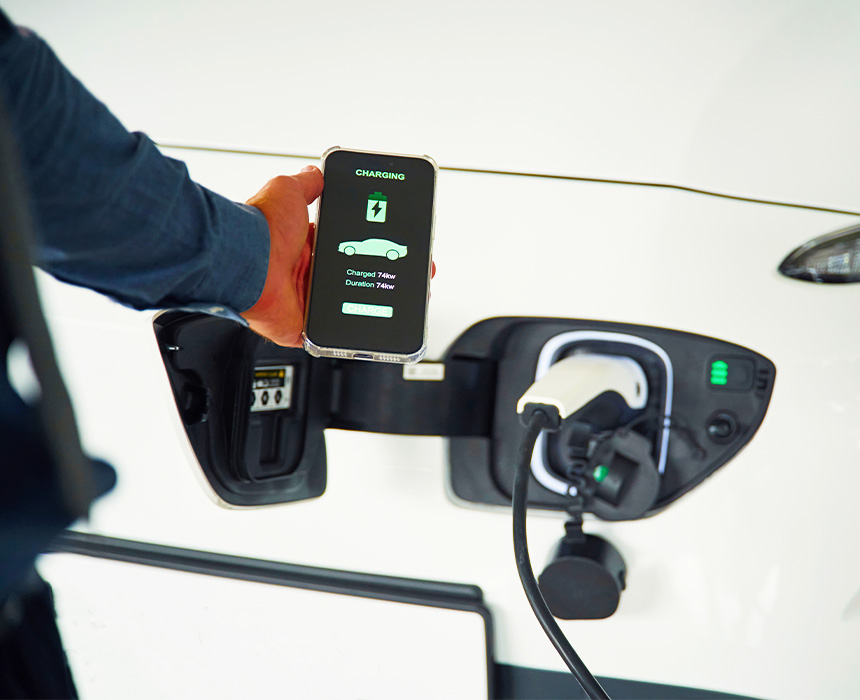Digitalization, Security, and Global Integration in Charging Network Management
With the rapid growth of electric vehicles (EVs), charging network management has become one of the most critical domains within the energy and mobility ecosystem. This field involves not only technical infrastructure but also digitalization, data security, customer experience, and integration with international standards. Today, charging network management stands at the center of sustainable urban transportation systems.
Digitalization and Smart Management
In charging network management, cloud-based platforms, mobile applications, and data analytics play a central role. These solutions allow operators to monitor station performance in real time, predict maintenance requirements, and develop new strategies based on user behavior.
Mobile applications enable drivers to find the nearest charging stations, make reservations, compare prices, and process payments securely. As a result, the user experience becomes easier, more reliable, and more transparent.
Energy Optimization and Grid Collaboration
The expansion of charging networks places significant strain on power grids. Therefore, smart grids and demand-side management are essential. Dynamic pricing, renewable energy integration, and battery storage systems are among the key solutions improving energy efficiency.
Furthermore, V2G (Vehicle-to-Grid) technologies enable electric vehicles to function not only as energy consumers but also as energy providers. This approach enhances energy supply security and contributes to the stability of national grids.
Global Integration and Interoperability
The success of charging networks depends on the ability of different operators’ systems to function interoperably. Global roaming agreements and unified software protocols allow users to access different networks through a single platform. This greatly simplifies international travel for EV owners and supports the global adoption of electric mobility.
Data Security and User Rights
With increased digitalization, cybersecurity has become a critical concern in charging network management. Protecting users’ payment details, location data, and driving patterns requires robust encryption infrastructures. Transparent data policies and strong safeguards for user rights are fundamental to delivering reliable services.
Regulations and Standards
Every country enforces frameworks to regulate charging network management. In Türkiye, EPDK and TSE fulfill this role; in Europe, UNECE; in the United States, DOE, FERC, and NIST; in Central Asia, O’zbekenergo and O’zDSt; and in Russia, Минэнерго and ГОСТ provide the regulatory structures that ensure safety, compliance, and interoperability across charging networks.
Future Outlook
In the future, charging network management will further evolve with AI-powered predictive maintenance systems, blockchain-based payment infrastructures, ultra-fast charging solutions, and global roaming services. These advancements will make charging networks smarter, more integrated, and more reliable.




